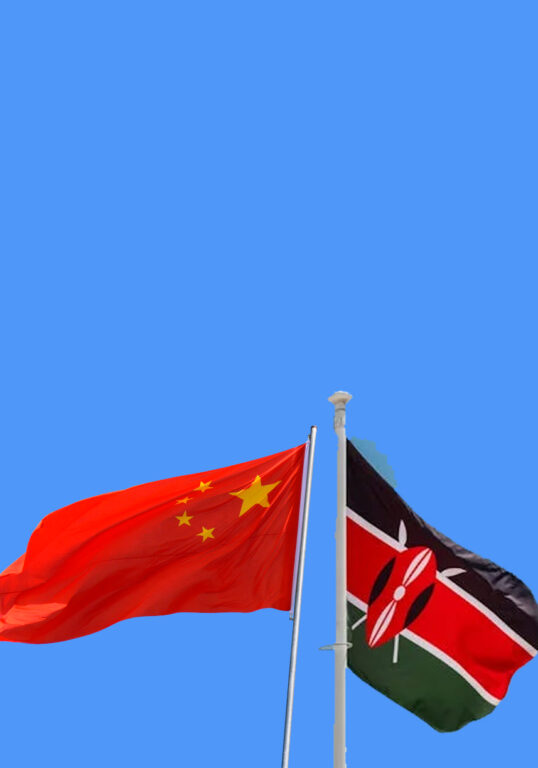China proposes significant policy changes impacting global trade and competition guidelines: Implications for Kenya.

China recently proposed policy changes that greatly affect its foreign trade relationships and competition guidelines in the international market. China’s decision to implement these sudden changes follows an IMF analysis suggesting that China may fall short of its 2024 GDP targets by 0.4% and could experience further decline, potentially reaching as low as 3.2% by 2028. Despite being one of the world’s fastest-growing economies, China continues to face challenges in recovering from the Covid-19 pandemic.
The government embraced an economic agenda centred on leveraging technological innovation to boost productivity and investing in manufacturing to enhance self-reliance. President Xi Jinping emphasised the importance of seizing opportunities to ramp up innovation efforts and outlined a three-pronged industrial policy. This policy is centred on:
- Upgrading traditional industries
- Expanding emerging industries
- Cultivating future industries
Beijing will, therefore, support businesses to become more high-end, more intelligent, and greener and direct more resources, prioritising disruptive innovation over mere catch-up efforts with Western counterparts.
Though China has relied for years on domestic investment to prop up growth, those investments are no longer sufficient to sustain economic growth at levels the country’s leaders find acceptable. Its economy has become burdened by escalating government and commercial debt, a potential ticking time bomb that finance experts fear could have reverberating effects across the global economy.
China plans to boost manufacturing while utilising but moderating consumption growth. This will create overcapacity and flood the global markets, squeezing overseas competitors and risking trade wars with Western countries, the BRICS foundation, and other trade partners. This has warranted concerns and warnings from Western nations such as the US and the United Kingdom.
The decisions being made by China have affected their relationship with the BRICS economic forum. Most member states demand different trade policies to better cater to their interests and common markets. This challenges competition policies across different regional authorities as well as the guidelines acknowledged during the United Nations Conference on Trade and Development. Specialists have analysed the country as “the only competitor with both the intent to reshape the international order and, increasingly, the economic, diplomatic, military, and technological power to do it. Beijing has ambitions to create an enhanced sphere of influence in the Indo-Pacific and to become the world’s leading power.” Keeping the West on the alert of the decisions being made by the economic power and increasing tensions between the two economic powers.
Amidst these global shifts, Kenya’s alignment with Western partners for trade and economic relations highlights the complexities of navigating evolving international dynamics. While historical trade frameworks and relationships with China persist, the current economic landscape demands agility and adaptability to capitalise on emerging opportunities and mitigate risks associated with changing global economic paradigms.
China’s economic policy shifts reverberate far beyond its borders, shaping global economic trajectories and challenging established norms and frameworks as well as their bilateral & multilateral relationships. As the world grapples with the aftermath of the pandemic and navigates shifting geopolitical dynamics, the decisions made by economic powerhouses like China carry profound implications for the future of international trade and development.

